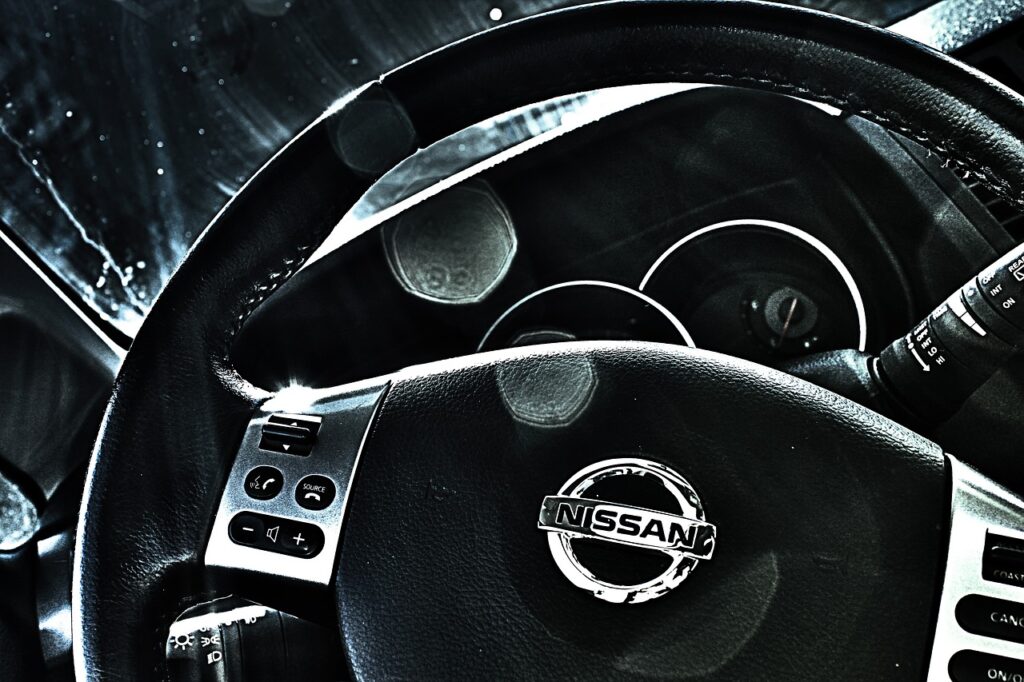Navigating the world of car ownership comes with its fair share of challenges, and for Nissan owners,
one specific component often stands out: the transmission. There have been discussions surrounding
the reliability of Nissan transmissions for years. While not every Nissan model is affected, concerns
about transmission issues have made many owners think twice about the importance of a transmission
extended warranty. Additionally, you will learn about the need to secure a Nissan extended warranty
and why it plays a crucial role in securing your Nissan model.
Why Do Nissan Owners Need to Worry About Their Transmission
Every Few Years?
The name of Nissan resonates with durability and forward-thinking designs, esteemed by car aficionados
and everyday drivers. Historically, Nissan vehicles have been a testament to consistent performance,
making them a go-to choice for many. However, the automotive landscape is riddled with change, and
not all favor the consumer. Recently, a shadow of doubt has been cast over Nissan's reputation,
primarily due to concerns with its transmission systems. Central to these discussions is the term "CVT,"
an acronym for Continuously Variable Transmission. This innovative transmission type promises
seamless gear changes and enhanced fuel efficiency. It's also been a source of contention among Nissan
owners. Many have reported issues, causing a stir in the automotive community and leading many to
question: Are Nissan's CVTs reliable in the long run?
Understanding the CVT and Nissan’s Approach
Traditionally, cars used either manual or automatic transmissions. However, to improve fuel efficiency
and offer smoother driving experiences, many manufacturers, including Nissan, started integrating the
CVT system. While CVTs don’t have fixed gears and promise better fuel economy, they come with
challenges. Nissan’s foray into CVTs, especially in models during the late 2000s and early 2010s,
experienced issues due to less-than-ideal durability and performance standards.
Common Problems Associated with Nissan’s CVT
Several Nissan models equipped with Continuously Variable Transmissions (CVTs) have faced challenges
over the years. Notably:
Shuddering and Shaking: Owners often describe unsettling sensations reminiscent of driving over rough
terrains, even on smooth surfaces.
Delayed Response: A concerning issue is the lag between the accelerator's depression and the vehicle's
movement. This delay can be hazardous during swift driving maneuvers, where instant response is vital.
Overheating: There have been instances where the CVT becomes excessively hot. In such cases, the
vehicle automatically goes into a protective mode to prevent damage, which, unfortunately, restricts its
performance.
Complete Transmission Failure: The most alarming of the issues is a complete transmission breakdown.
Such failures interrupt journeys and present owners with hefty repair or replacement bills.
The Financial Constrain Associated With Faulty Transmission
Systems
One undeniable truth is that car repairs can be expensive. For transmission-specific issues, the costs can
skyrocket. Replacing a CVT can easily exceed $3,000, an unplanned and significant expenditure for many
households. Furthermore, frequent visits to the mechanic not only result in direct repair costs but also
lead to indirect costs like alternative transportation fees, lost workdays, and overall inconvenience.
These costs can quickly accumulate for Nissan owners who experience repeated transmission issues.
The Importance of a Nissan Extended Warranty
An extended Nissan warranty is not just a mere piece of paper. It's an essential instrument, a protective
barrier against the sudden and often significant costs that can arise from unpredictable transmission
complications. This form of warranty stands out for several compelling reasons:
Financial Security: Beyond the basic protection, it functions as a financial buffer. This warranty is
tangible insurance against the mounting expenses of substantial transmission repairs, ensuring owners
don't face unexpectedly high bills.
Peace of Mind: The comfort it offers is immeasurable. Drivers equipped with such warranties can
journey with a sense of tranquility, knowing they’re shielded from the unforeseen pitfalls that
transmission issues can present.
Resale Value: An often-overlooked benefit is the potential increase in resale value. A vehicle backed by
a transferable extended warranty naturally appeals more to potential buyers, ensuring the car's
durability and long-term reliability.
Nissan’s Response and Owner Experiences
Nissan’s approach to addressing these transmission concerns has been multifaceted. The company
extended warranties for certain models, a gesture showing their commitment to customer satisfaction.
They’ve also invested in improving their CVT technology over the years. However, for many affected
owners, the scars remain. Some feel the company's response was too slow, while others believe more
should be done to compensate for past issues. However, it's essential to remember that these issues
don’t represent the entirety of Nissan’s offerings. Many models have provided years of reliable service.
Conclusion
Every Nissan owner or potential buyer should weigh the pros and cons of their vehicle's transmission
history. Given the potentially high costs of repairs and the peace of mind, a warranty can offer, investing
in a transmission extended warranty often leans towards being a sensible decision. It's a small price for
financial predictability in an unpredictable situation. Before deciding, one should consider their vehicle's
specific model, year, and documented issues. Look no further when looking for the best-extended
warranty provider for your Nissan model. We are a phone call away. Call our toll-free line +1-866-660-
6444 for a free quote now!



